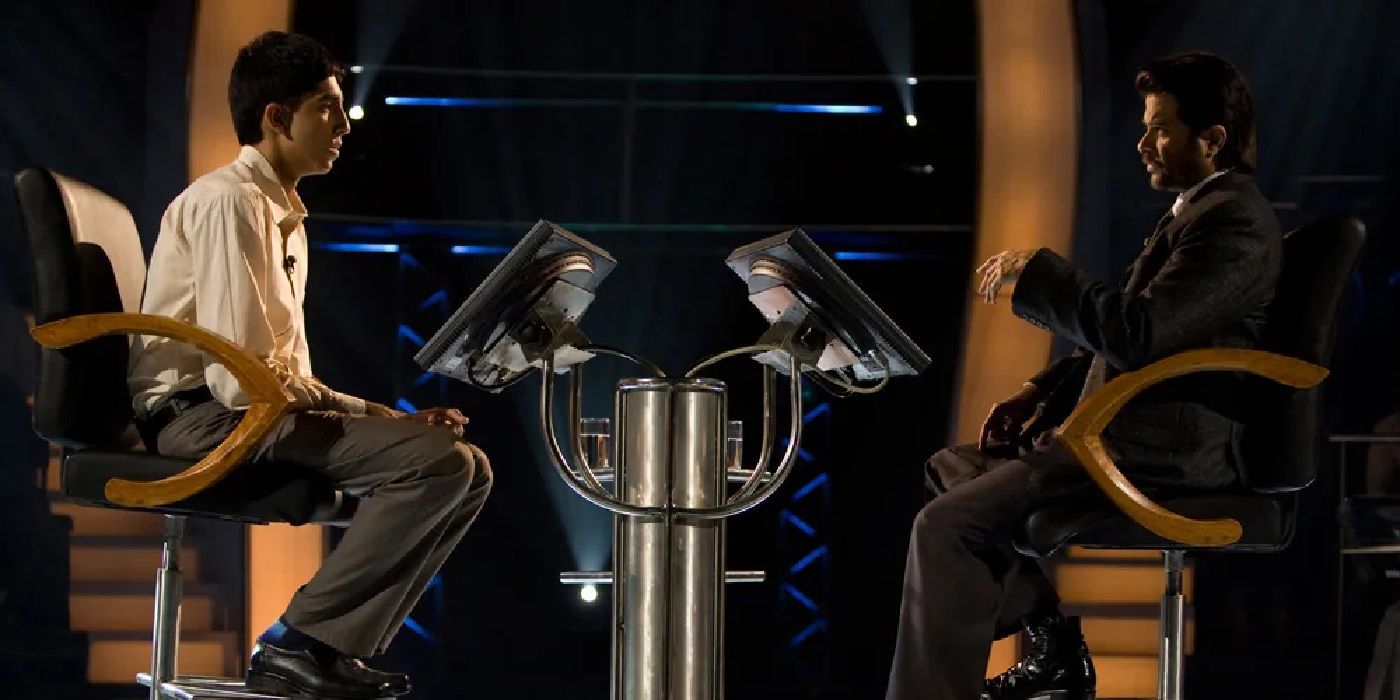Danny Boyle’s Slumdog Millionaire not solely received the Finest Image Oscar but in addition the Academy Award for Finest Director. A lot has modified within the 17 years since Slumdog Millionaire‘s launch, and the legendary director would not assume he would make that film as we speak. But, not like others who may rail towards the concept of issues being too politically right, Danny Boyle would not assume that’s essentially dangerous.
Talking with The Guardian forward of the discharge of 28 Years Later, Boyle was requested about making Slumdog Millionaire. The director appeared again on it and the way a lot the world has modified, and attitudes in direction of white filmmakers entering into and telling tales of various races and cultures since he shot the movie, saying, “Yeah, we wouldn’t be capable to make that now, and that’s the way it needs to be. It’s time to mirror on all that. We now have to have a look at the cultural baggage we feature and the mark that we’ve left on the world.”
Associated
’28 Years Later’ Director Reveals the Actual Cause Why He Backed Out Of Making a Divisive ‘Alien’ Film
The ’28 Years Later’ director was sooner or later hooked up to ‘Alien 4,’ however determined to again out.
When requested if the manufacturing itself amounted to a type of colonialism, Boyle responded, “No, no. Nicely, solely within the sense that all the things is.” Boyle continued on, saying:
“On the time it felt radical. We made the choice that solely a handful of us would go to Mumbai. We’d work with a giant Indian crew and attempt to make a movie inside the tradition. However you’re nonetheless an outsider. It’s nonetheless a flawed technique. That sort of cultural appropriation could be sanctioned at sure instances. However at different instances it can’t be. I imply, I’m pleased with the movie, however you wouldn’t even ponder doing one thing like that as we speak. It wouldn’t even get financed. Even when I used to be concerned, I’d be in search of a younger Indian film-maker to shoot it.”
Altering Instances and Altering Attitudes To Films
Slumdog Millionaire was a cultural sensation when it got here out on the finish of 2008. Just like the lead character, the movie itself was the underdog as its authentic distributor, Warner Unbiased Footage, almost launched the film straight to DVD earlier than Searchlight Footage acquired it proper earlier than it debuted on the Telluride Movie Competition. It rode a wave of fine buzz from the pageant circuit by its restricted launch earlier than going large after saying the 81st Academy Award nominations. It grossed $141 million domestically and $378 million worldwide, making it the highest-grossing movie of the Finest Image nominees that yr. It went on to win eight Academy Awards, together with Finest Image, Finest Director, Finest Tailored Screenplay, Finest Authentic Music, and Finest Cinematography, to call a couple of.
But the response to Slumdog Millionaire over time has been way more blended, with many taking subject with the movie’s depiction of India and the truth that the movie enforced adverse stereotypes. Indian filmmakers Swati Shetty and Grant Kessman are creating a sequel to Slumdog Millionaire and a tv spin-off, fulfilling Boyle’s thought of how he would method the movie as we speak. Despite the fact that Boyle is at present not concerned within the Slumdog Millionaire continuation, he’s possible okay with that, realizing this isn’t his story to inform, and possibly it by no means was.
It typically looks like there’s a knee-jerk response by some filmmakers and actors to rage towards altering cultural attitudes of what’s or isn’t okay to depict on movie, or what topics are acceptable for administrators to deal with. It’s refreshing to see an older white filmmaker like Boyle not solely acknowledge his privilege but in addition need to welcome different filmmakers from numerous backgrounds to come back and inform tales of their tradition. Boyle’s Oscar can by no means be taken away from him, and Slumdog Millionaire was a film value watching in 2008, and is simply as worthy of audiences’ consideration now.
Supply: The Guardian
